Six Nations: England pleased to dig in and win '˜true test' against Wales at Twickenham
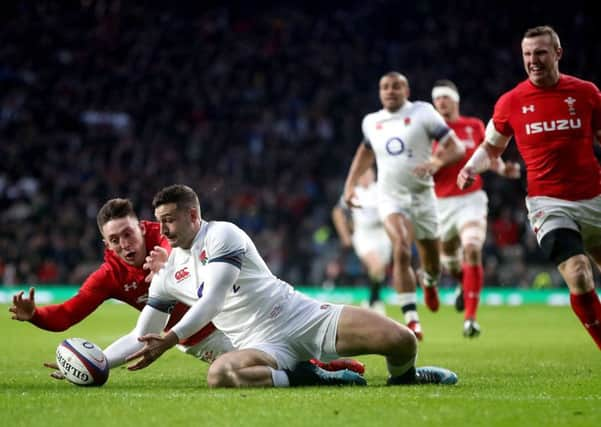

Certainly, management and players felt the two-time defending Six Nations champions accomplished more by squeaking a win than they would have done by racing away from Wales.
Eddie Jones called it an ‘arm wrestle’ and he cut the figure of a man who relished every second of watching his players strain every sinew before the Welsh forearm was finally forced backwards.
Advertisement
Hide AdAdvertisement
Hide AdThis was a classic Six Nations match; difficult conditions leading to handling errors, defences on top, and try-scoring opportunities at a premium.
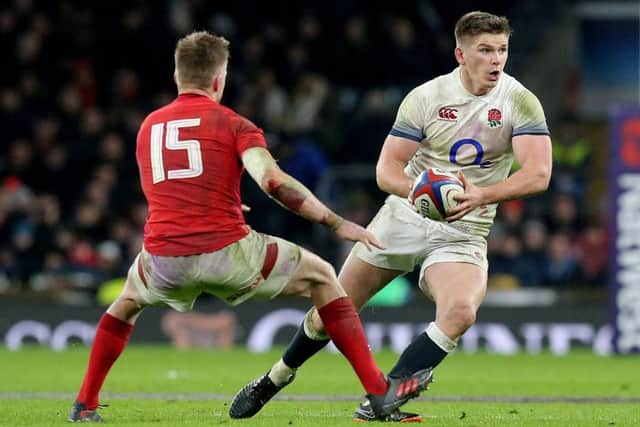

What it lacked in moments of sheer drama it made up for in examples of courage and opportunism, desire and intensity.
England may have edged the scoreboard, but Wales emerged with enormous credit. Their team was shorn of the household names we have become accustomed to – no Warburton, Biggar or Halfpenny etc – but they forced England onto the back foot in their own back yard, leaving the hosts desperately fighting to earn a turnover in midfield to allow Owen Farrell to boot the ball into the stands to signal the end of the fight, much to the relief of the men in white and the majority inside Twickenham.
“Having been in an arm wrestle for that long and coming out on the right side of it, I think it shows you’re going in the right direction,” said Farrell.
Advertisement
Hide AdAdvertisement
Hide Ad“That’s what good teams do, they have those games and they come out on top in the end.
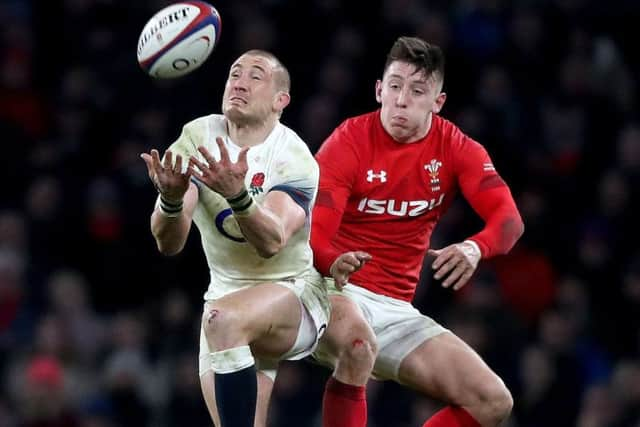

“It was a good game to play in, proper rugby, properly physical, proper intensity.”
It may not have looked that way after 20 minutes with England two tries and 12 points to the good, with Wales fly-half Rhys Patchell coming under the type of aerial bombardment Jones had mischievously fore-warned his side would hit him with.
But after laying such a platform there was to be no running away with the victory as England never got close to scoring another point. Indeed, such was the tense nature of the game that Jones’ fabled ‘finishers’ as he calls his replacements, were more like ‘closers’, coming on to shut down the game and keep the hosts on top.
Advertisement
Hide AdAdvertisement
Hide AdWales will, and did, point to a dubious decision by the television match official to decree that Gareth Anscombe had not provided sufficient downward pressure on a ball beyond the tryline in the first half.
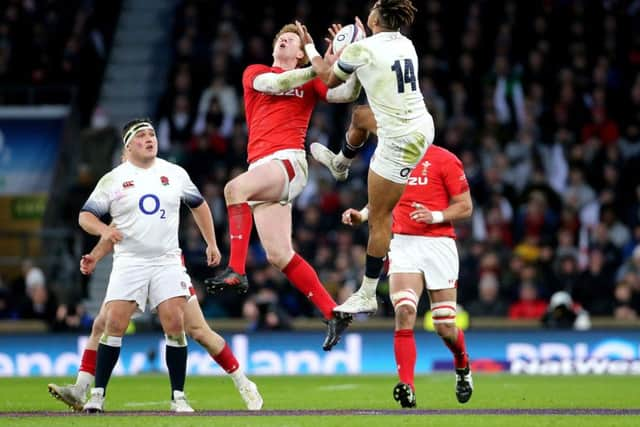

And they can feel unfortunate that Scott Williams didn’t wait a second longer to dive for the try line late in the game when the pressure was at its most intense.
The winger – the matchwinner in this fixture six years ago on one of three occasions Wales have won in London since Gatland talk charge 10 years ago to the very day – was the recipient of a fine overlapping move down the left but mistimed his lunge, allowing Sam Underhill to come to the rescue for England.
“That tackle was unbelievable, one of the best you’ll see,” gushed Farrell, of his team-mates try-saving interjection.
Advertisement
Hide AdAdvertisement
Hide Ad“Normally people get there and try and get them into touch, but he’s got in close, got his shoulder on him, flipped him over and not even given him chance to place the ball.”
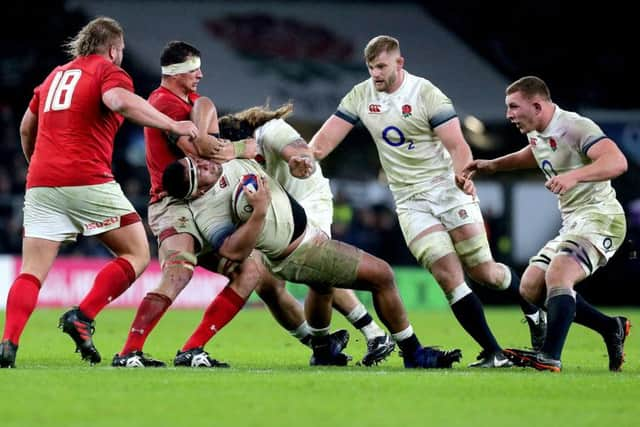

It was the kind of tackle that epitomised England’s desire to preserve their unbeaten home record under Jones and keep their bid for an historic third straight Six Nations title on track.
As resolute as they were defensively, offensively England were single-minded and ruthless.
The targeting of Patchell was obvious from the outset, and three minutes in it yielded a try.
Advertisement
Hide AdAdvertisement
Hide AdYorkshireman Danny Care, becoming England’s most-capped scrum-half by making a rare start under Jones, launched a devilish box-kick that Patchell mis-handled under pressure from Jonathan Joseph. From there Farrell’s kick to the corner was perfect for Jonny May to race onto.
Seventeen minutes later, the second score owed more to persistence, another thrust from Farrell and this time a desperate offload from Joe Launchbury as he was forced into touch and yet more opportunism from May who caught the ball and crashed over. If England thought that it would be plain sailing from there, they were wrong.
Gatland’s men dug in, forced turnovers and caused uncertainty, but England survived.
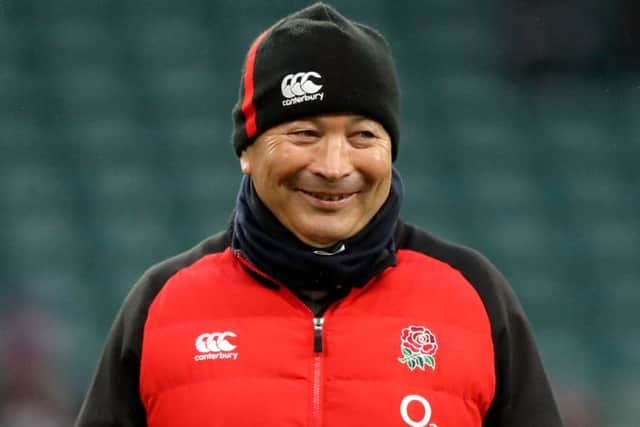

“It was wet, greasy, the ball was slippy and we had to do the right things to win the game,” said Farrell.
Advertisement
Hide AdAdvertisement
Hide AdEngland: Brown, Watson (Nowell 45), Joseph, Farrell, May, Ford (Te’o 68), Care (Wigglesworth 65); Vunipola (Hepburn 77), Hartley (George 53) Cole (H Williams 65), Launchbury (Kruis 68), Itoje, Laws, Robshaw, Simmonds (Underhill 40).
Wales: Anscombe, Adams, Williams, Parkes, Evans. Patchell (North 56), G Davies (A Davies 66); Evans (W Jones 58), Owens (Dee 65), Lee (Francis 58), Hill (B Davies 74), AW Jones, Shingler, Navidi, Moriarty (Tipuric 64).